Report Reveals 144,000 People Can Still Vote Without ID in Wisconsin’s 2024 Election
A new report from the Wisconsin Institute for Law & Liberty (WILL) has uncovered a significant loophole that allows over 144,000 Wisconsin voters to bypass the state’s voter ID law in the 2024 election.
This loophole stems from the “indefinitely confined” voter status, which permits certain voters to cast absentee ballots without ever showing a photo ID.
What is "Indefinitely Confined" Status?
The “indefinitely confined” status was originally designed for elderly, sick, or disabled voters who couldn’t make it to polling places. Under this status, voters can request absentee ballots for every election without having to show a photo ID.
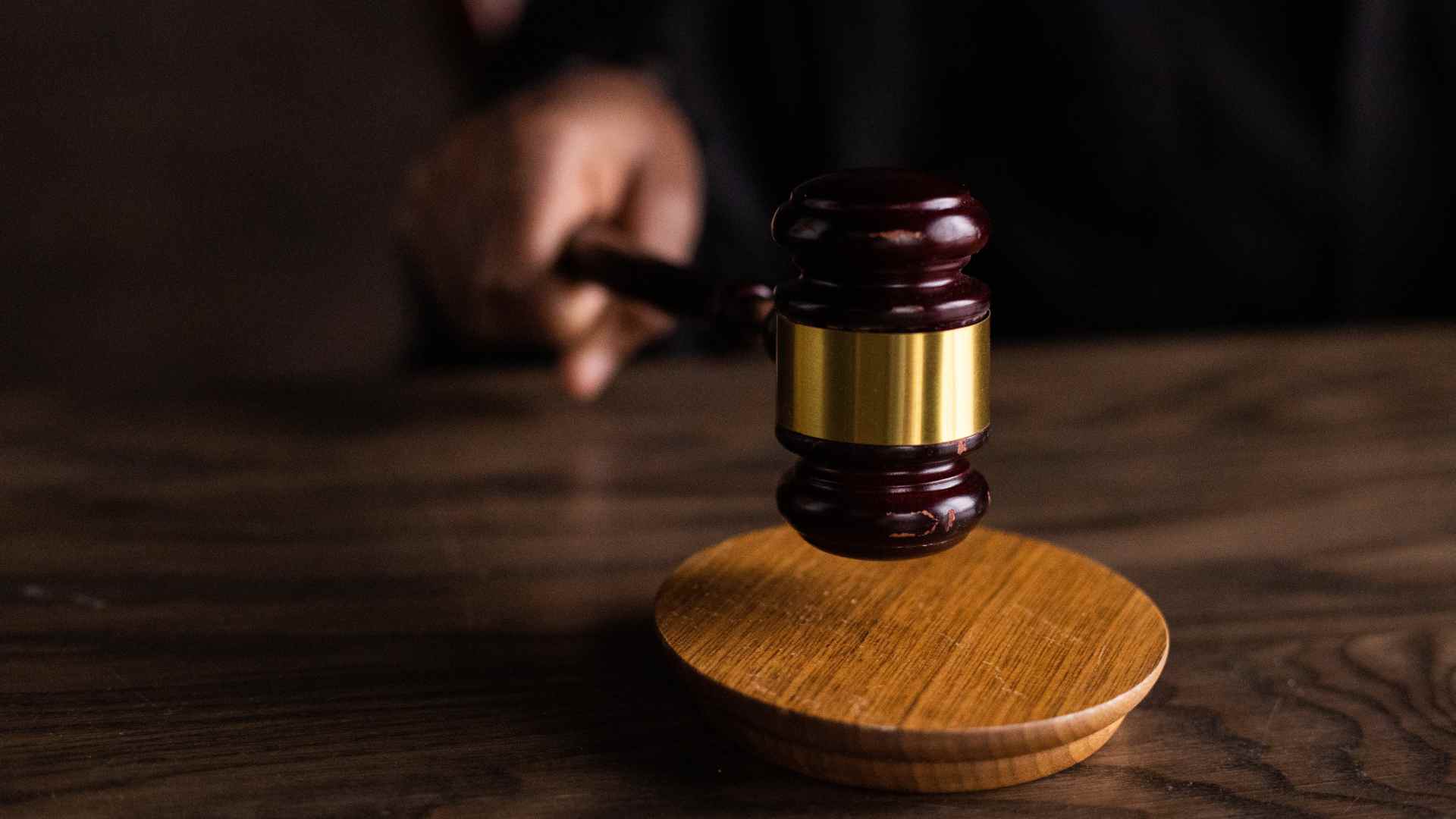
Source: Katrin Bolovtsova/Pexels
While this law is meant to help those in need, its application has grown far beyond its original intent.
Surge in Indefinitely Confined Voters
In 2016, Wisconsin had about 66,000 voters registered as indefinitely confined. However, during the 2020 presidential election, this number exploded to 265,979 due to COVID-19.

Source: Lukas/Pexels
Despite the pandemic ending, more than 144,000 voters remain indefinitely confined in 2024, according to the new report. That’s more than twice the number from 2016, raising concerns about election integrity.
How the Loophole Affects the 2024 Election
With the 2024 election approaching, the report warns that Wisconsin’s voter ID law is compromised by this loophole.
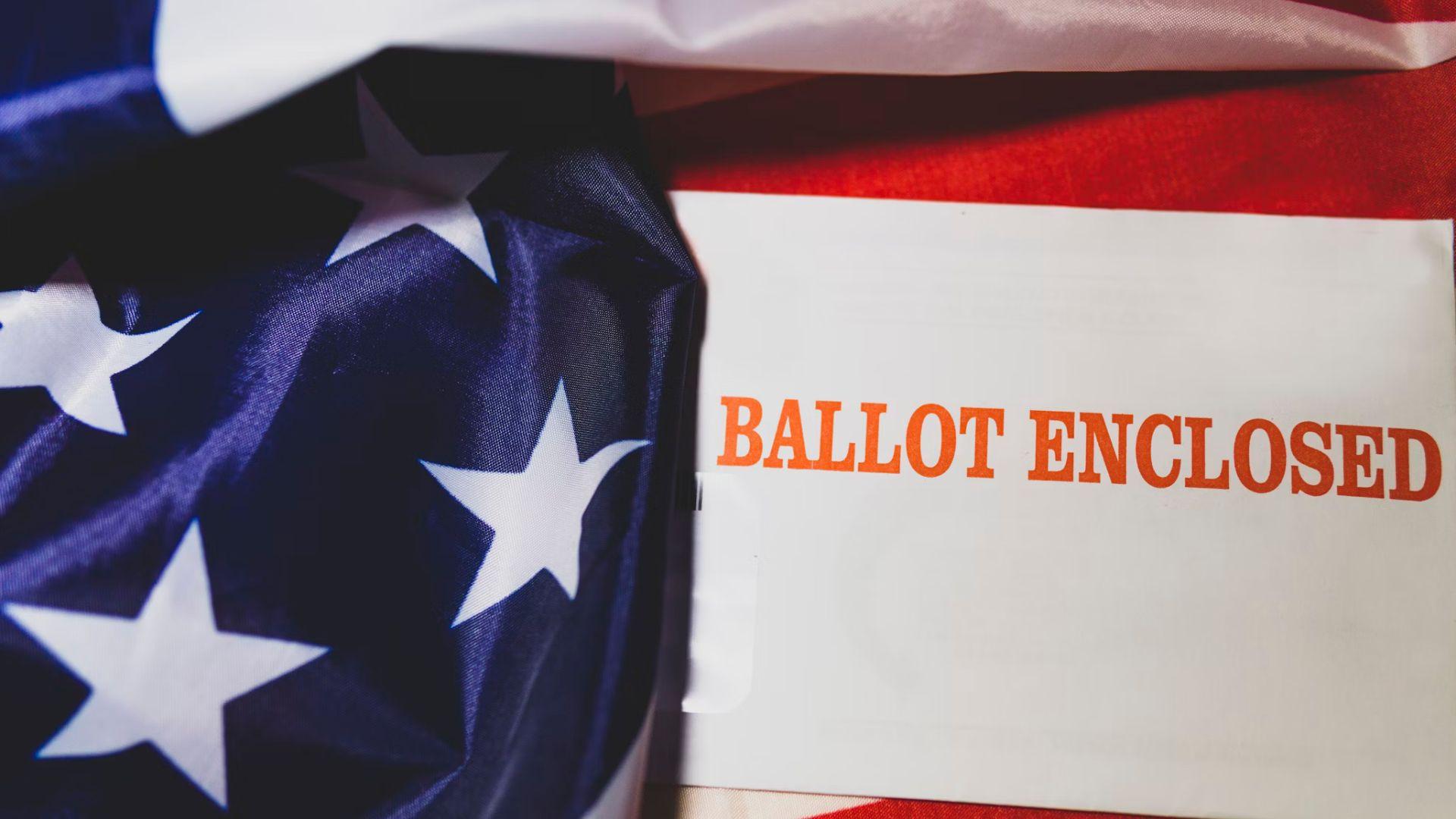
Source: Deactivated Account/Unsplash
Although most voters must present a valid photo ID, indefinitely confined voters do not. This exception creates a potential risk for election security, allowing thousands to vote without proper identification.
Efforts to Address the Issue
The Wisconsin Supreme Court attempted to address this issue in 2020, rebuking efforts by clerks in Milwaukee and Dane counties who encouraged voters to adopt the status during the pandemic.

Source: Freepik
However, this action wasn’t enough to prevent the numbers from remaining high. WILL’s report urges local clerks to take further action to clean up voter rolls and ensure compliance.
Legislative Attempts to Fix the Loophole
Republican lawmakers attempted to close this loophole with legislation that would require a doctor’s note or photo ID to qualify for the indefinitely confined status.
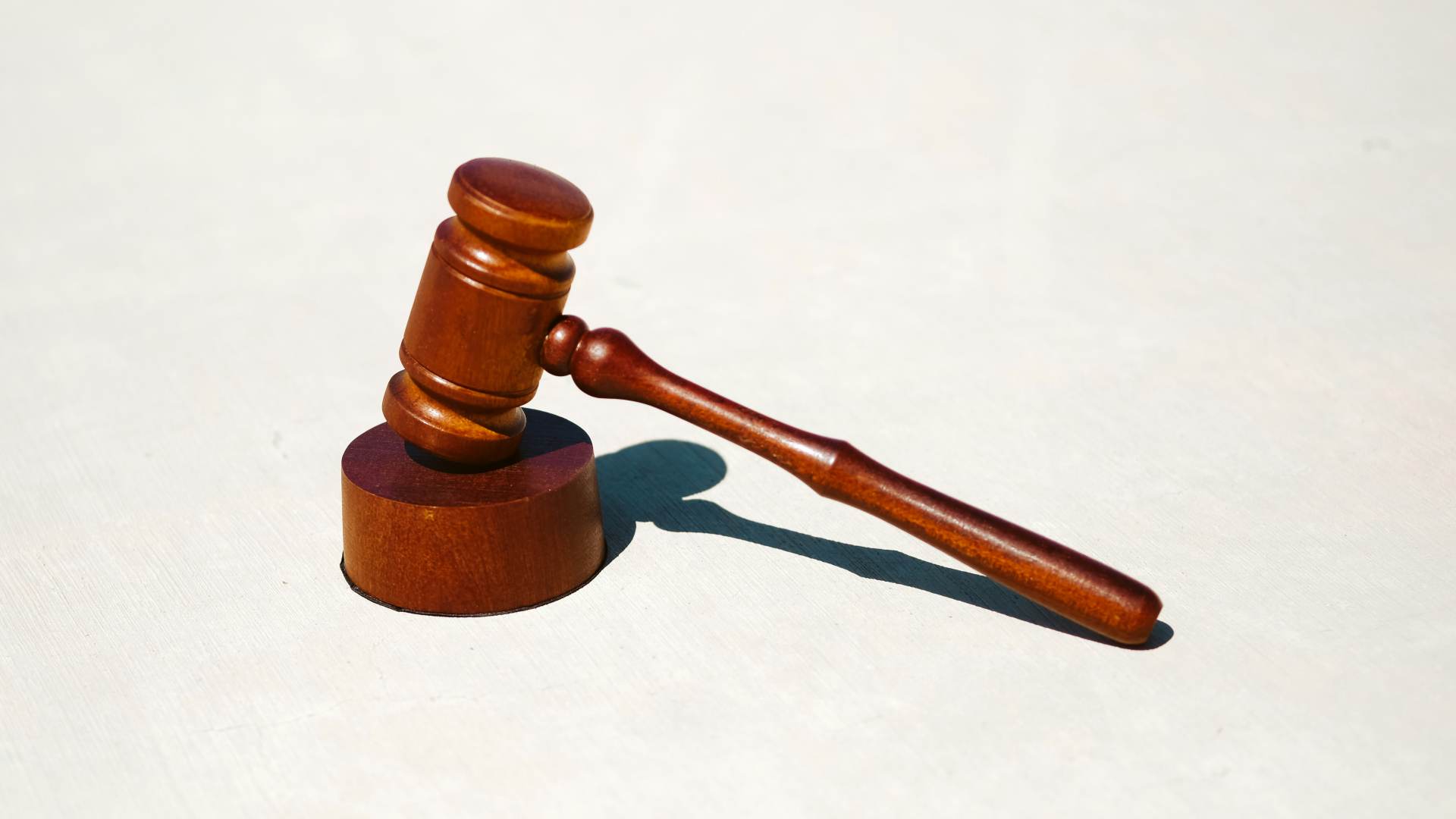
Source: Tingey Injury Law Firm/Unsplash
However, these efforts were vetoed by Governor Tony Evers in 2022. Without new legislation, the responsibility falls on local clerks to maintain the accuracy of voter rolls and remove ineligible voters.
Public Support for Voter ID Laws
Despite the loophole, voter ID laws remain popular in Wisconsin. According to WILL’s research, 84% of residents support voter ID requirements, including 70% of Democrats and 81% of Independents.

Source: Wikimedia
The broad support suggests that residents are concerned about election integrity and the potential for fraud under the indefinitely confined status.
Findings on Noncompliance
In their report, WILL found that most municipalities are complying with state law by removing inactive voters from the indefinitely confined list.

Source: Freepik
However, Madison failed to respond to WILL’s open records request, and Lake Geneva admitted to not keeping their voter lists up-to-date.
No Evidence of Fraud, But Concerns Remain
While the report doesn’t find any concrete evidence of widespread voter fraud, the existence of such a loophole leaves room for doubt.
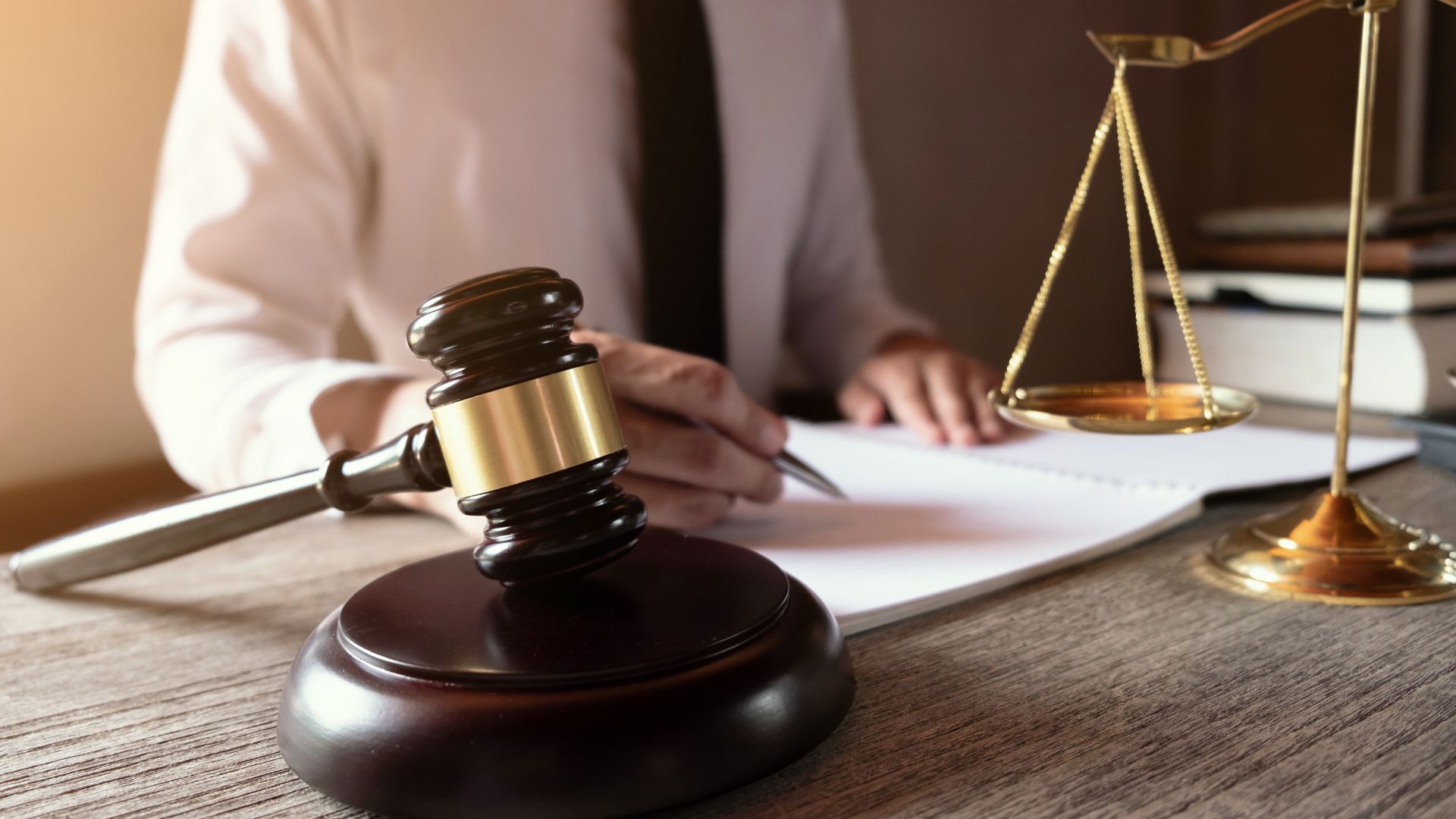
Source: Bhutina65/Canva Pro
As WILL Research Director Will Flanders stated, “We have a loophole here that lets people not have to show a photo ID.”
The Role of Local Clerks
State law requires local clerks to remove voters from the indefinitely confined list if they no longer qualify. This can happen if a voter does not return their absentee ballot, requests removal, or votes in person.
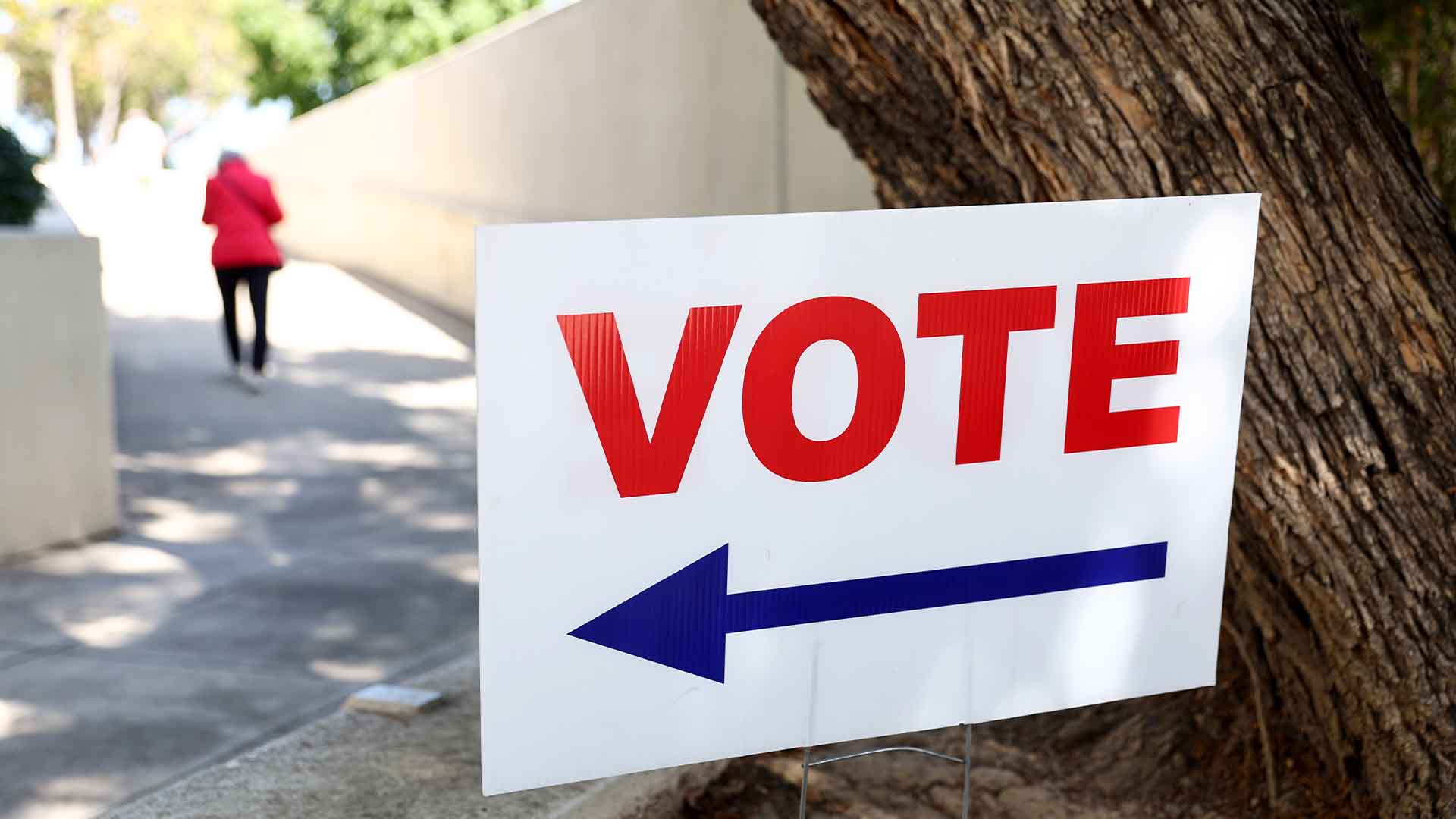
Source: Mario Tama/Getty Images
WILL emphasizes that it’s up to these clerks to ensure compliance and maintain accurate voter rolls.
What’s Next for Wisconsin’s Voter Laws?
With the 2024 election on the horizon, the debate over Wisconsin’s voter ID laws is far from over. WILL’s report suggests that further legislative efforts or local actions may be needed to close the loophole and restore public trust in the system.
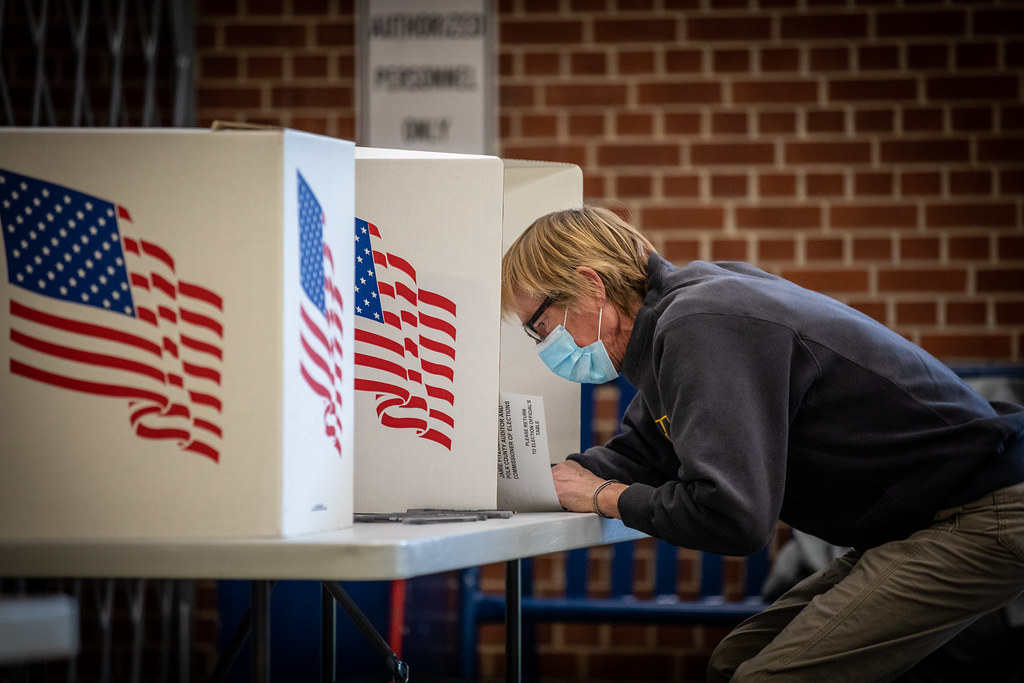
Source: Phil Roeder/Flickr
However, with Governor Evers’ vetoes, it’s unclear what changes, if any, will be made before the election.
A Call for Change
WILL’s report concludes with a call for commonsense reforms to the indefinitely confined status. Flanders suggests Wisconsin follow the example of other states that require more rigorous proof to obtain the status.
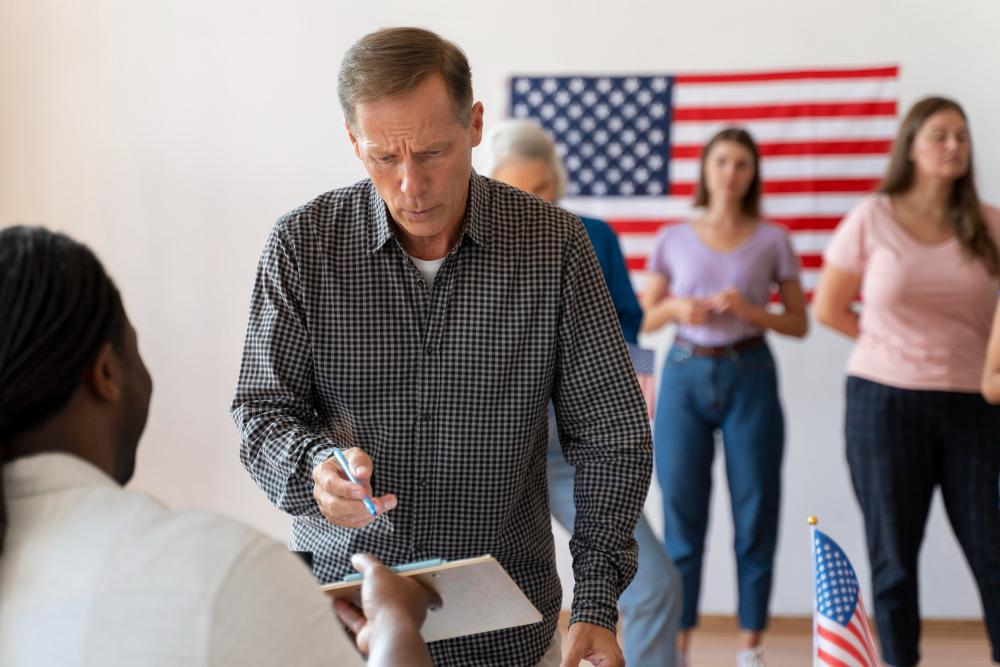
Source: Freepik
“Efforts must be made by local election clerks to resolve it as much as possible,” he said, emphasizing the importance of maintaining election integrity in Wisconsin.
